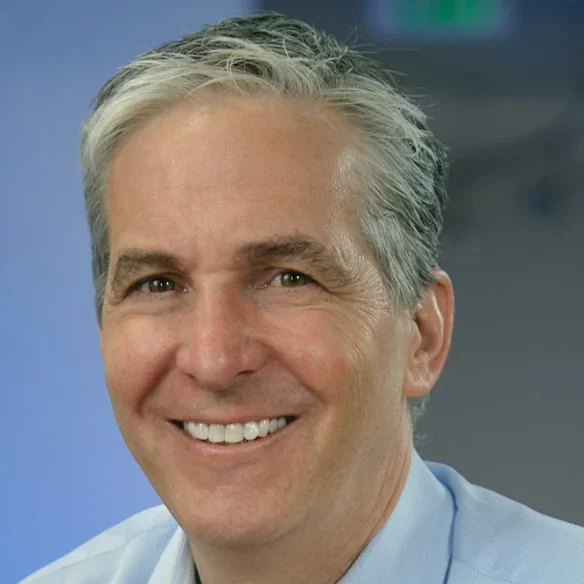Compounding interest in student fiscal health
MSU Denver will participate in a test federal financial aid counseling program to help students manage personal finances.

Financial access has long been a cornerstone of MSU Denver’s mission. From providing the most affordable tuition of the state’s largest four-year universities to enabling students to take up to 18 credits for the cost of 12 and graduate in four years, the University has had an active role in advocating for cost-effective personal transformation. The result has been more than half a century of stewardship producing informed, engaged citizens.
And thanks to recent efforts by the Office of Financial Aid and Scholarships, the school has now been selected to take part in an experimental federal loan counseling program established by the Department of Education. The only Colorado school selected, MSU Denver joins 14 public four-year universities among 49 other institutions nationwide to take part in the initiative.
“We’ve been looking at aid data in a dynamic, granular manner for a while now,” said Thad Spaulding, deputy director of financial aid. “MSU Denver is used to doing things in an experimental way to find what works.”
Designing the program
Entrance counseling for financial aid disbursement currently requires students to complete a basic online screener. Other financial literacy components (such as the Salt® interactive platform that MSU Denver partners with) prove beneficial, but currently remain voluntary.
And although Salt® participation – approximately 1,700 students – is comparatively high for an opt-in program, there’s opportunity to improve, according to Spaulding.
“We know what works according to the research; it’s a numbers game,” he said. “With more bandwidth and a couple of tweaks to processes already in place, we can more directly engage students to help them reach that ‘Aha!’ moment.”
Two groups of students receiving aid will be selected by the federal government: one will participate in the experimental approach, while the other will continue with the current online-only entrance counseling as a comparable control group.
For students receiving counseling, MSU Denver plans to propose a tier-based system based upon their loan default risk . Those determined to be lower-risk will complete a basic program, while those with more risk will have more regular structured interventions to ensure their success.
Local action; national impact
Implications for the University’s participation are far-reaching, according to Lori Kester, associate vice president of enrollment management.
“This is a trial run for these kinds of efforts,” she said. “If it’s successful, it could very well be required for institutions nationwide.”
The maximum amount of federal student loan aid available to an individual pursuing an undergraduate degree is $57,500. And although that may seem like a lot to a tuition-progressive institution like MSU Denver, this funding cap doesn’t factor in the ever-climbing cost of living in an exploding-population Denver metro area.
This financial challenge is literally compounded by the fact that students often transfer into MSU Denver with substantial educational debt accrued elsewhere.
“The reality of loan payback can already be brutal for anyone,” said Kester. “We want to ensure that every student can receive enough aid to be able to graduate and be successful.”
A comprehensive approach to financial health
MSU Denver’s student loan default rate of 9.9 percent has trended downward below the national average of 11.3 percent, but there’s still work to be done. According to Spaulding, sometimes it’s not the amount of overall debt an individual accrues that leads to default, but rather an inadvertent initial stumble.
Without properly withdrawing from courses in a first semester, a student may receive a slate of F’s, be placed on academic probation, and be financially liable for courses. And with loan debt notoriously hard to discharge, the result is an accidental hole that gets progressively harder to dig out of.
So what’s the solution? According to Spaulding, it’s starting early to build a fabric of fiscal wellbeing that’s woven throughout a student’s career. It’s this approach the experimental loan counseling program intends to kickoff.
“The whole point is a comprehensive entrance counseling running in tandem with a student’s overall financial health,” said Spaulding. “It’s something they have to do anyway to receive funds; let’s make it fun and answer the questions they have in a meaningful way.”







